Your cart is currently empty!
Unveiling the Allure of Zantedeschia: A Comprehensive Guide
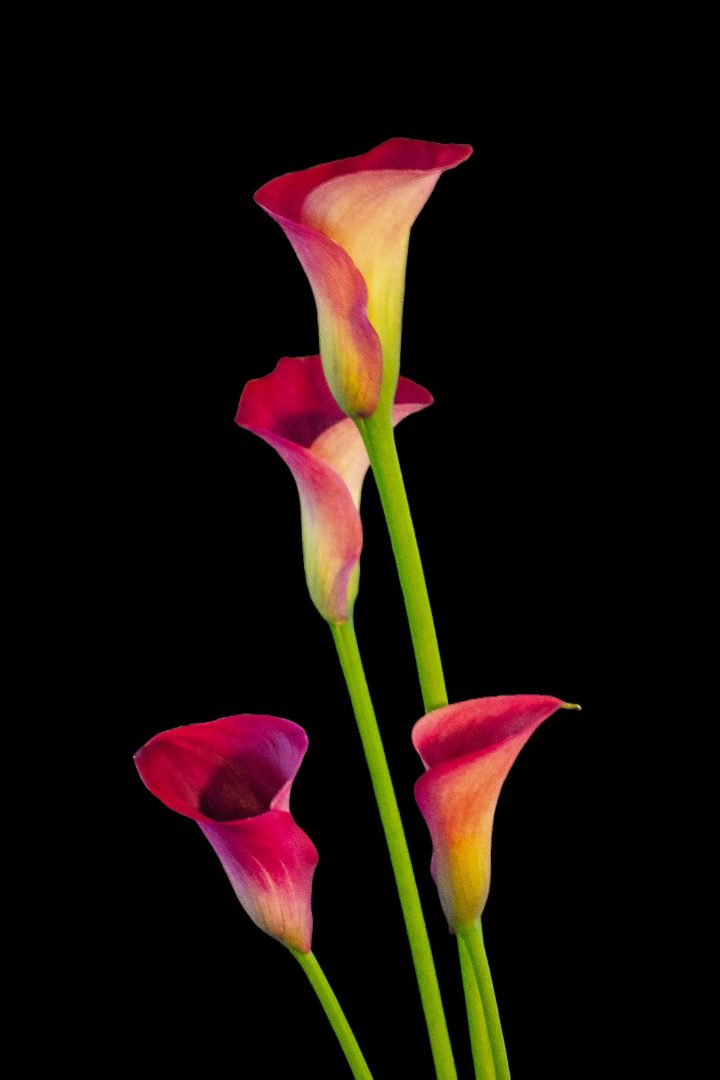
Introduction
Zantedeschia, commonly known as calla lilies, are captivating flowering plants renowned for their striking trumpet-shaped blooms. With their elegant silhouettes and vibrant hues, they have captured the hearts of gardeners, floral enthusiasts, and interior designers alike.
Characteristics of Zantedeschia
Botanical Classification
Zantedeschia belong to the Araceae family and are native to Southern Africa. They are herbaceous perennials with tuberous roots and large, arrowhead-shaped leaves.
Flower Structure
The distinctive flowers of Zantedeschia consist of a central spadix, which is a fleshy spike surrounded by a large, showy spathe. The spathe, which resembles a trumpet or funnel, is the most prominent part of the flower and comes in a wide range of colors, including white, yellow, pink, purple, and black.
Varieties of Zantedeschia
There are numerous varieties of Zantedeschia, each with its unique characteristics. Some popular varieties include:
- Calla Lily ‘Aethiopica’: White flowers with a classic trumpet shape
- Calla Lily ‘Black Magic’: Dark purple to black flowers
- Calla Lily ‘Captain Nemo’: Deep purple flowers with a white border
- Calla Lily ‘Raspberry Swirl’: Pink flowers with a raspberry-colored spathe
li>Calla Lily ‘Mango’: Yellow to orange flowers
Cultivation of Zantedeschia
Climate and Soil Requirements
Zantedeschia thrive in warm, humid climates with plenty of sunlight. They prefer well-drained, organic-rich soil that is slightly acidic to neutral.
Planting
Tubers should be planted in spring or fall, with the pointed end facing up. Plant the tubers shallowly, just below the soil surface, and space them 6-12 inches apart.
Watering and Fertilizing
Zantedeschia require regular watering, especially during dry periods. Water deeply and allow the soil to dry out slightly between waterings. Fertilize monthly with a balanced liquid fertilizer.
Care and Maintenance
Winter Care
In cooler climates, Zantedeschia may need to be protected from frost during winter. Dig up the tubers after the first frost and store them in a dry, cool place until spring.
Pest and Disease Management
Zantedeschia are generally resistant to pests and diseases. However, they can be susceptible to aphids, mites, and slugs. Use appropriate pest control measures to manage any infestations.
Uses of Zantedeschia
Horticulture
Zantedeschia are widely used in horticulture for their ornamental value. They are popular as cut flowers, border plants, and in containers. Their elegant flowers and long-lasting blooms make them ideal for a variety of garden settings.
Floral Arrangements
Calla lilies are a popular choice for floral arrangements due to their sophisticated appearance and long vase life. They are often used in bouquets, centerpieces, and corsages.
Art and Culture
Zantedeschia have been depicted in art throughout history, often symbolizing purity, innocence, and resurrection. In some cultures, they are also used in traditional ceremonies and festivals.
Conclusion
Zantedeschia, with their captivating flowers and graceful forms, offer a timeless beauty that has enchanted gardeners and artists for centuries. From their diverse varieties to their versatile uses, these plants add a touch of elegance and sophistication to any setting. Whether grown in a garden or admired in a floral arrangement, Zantedeschia continue to captivate hearts with their timeless charm.


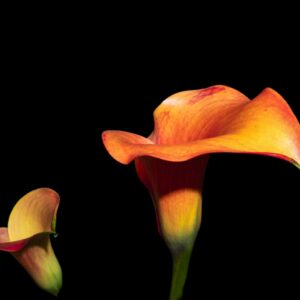
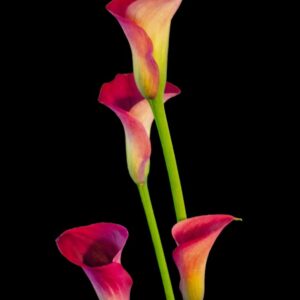
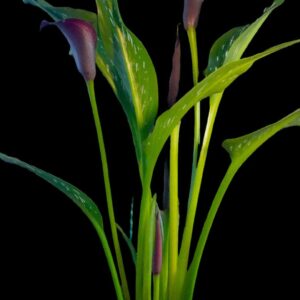
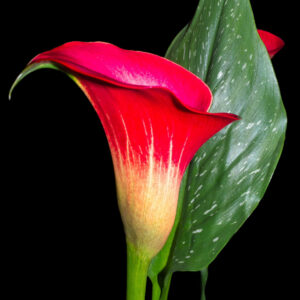
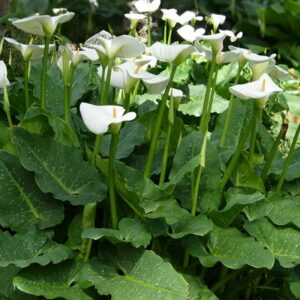
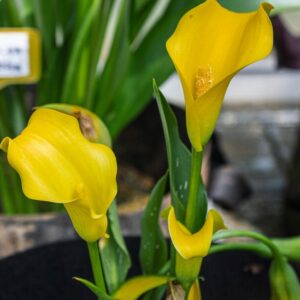
Leave a Reply